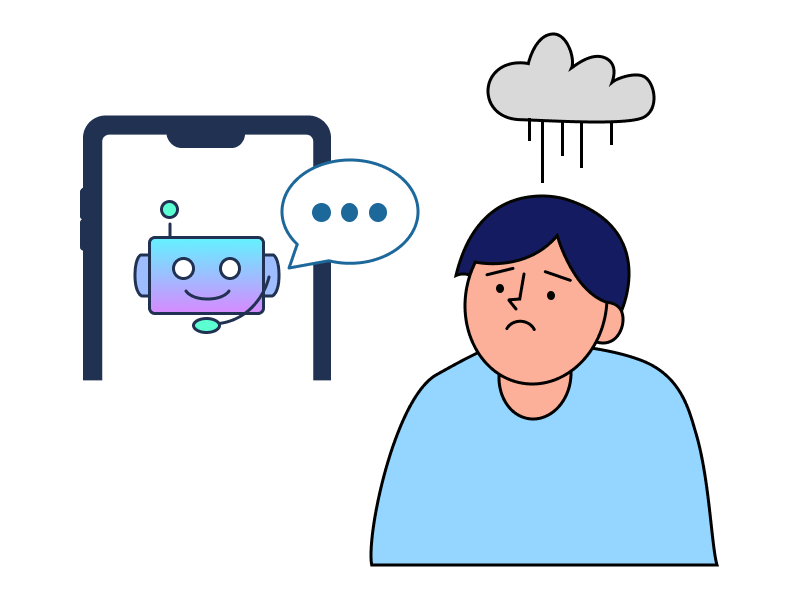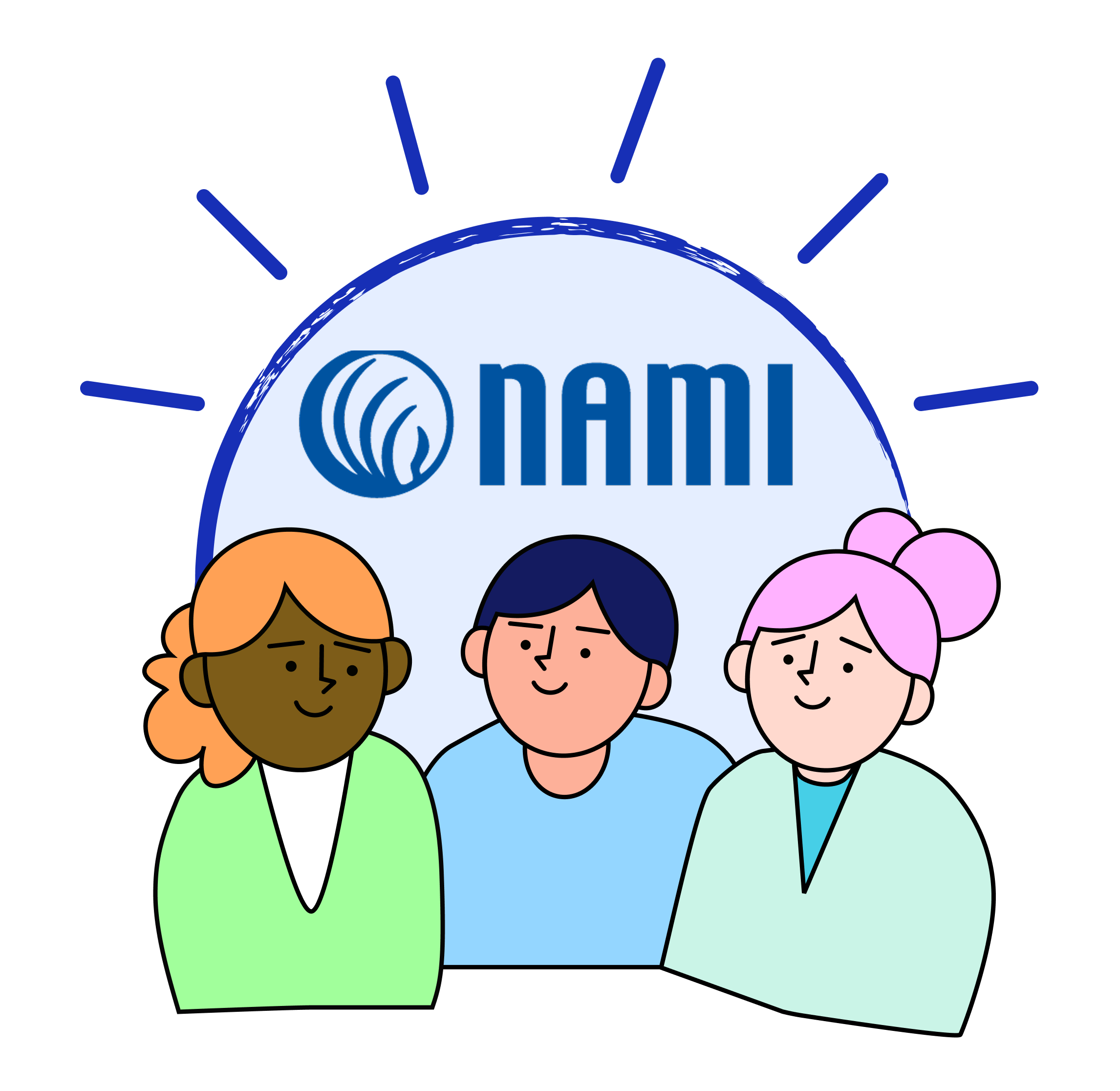The Socio-Technical Exploration of Wellbeing (STEW) Lab studies how people and technologies interact to shape mental health and wellbeing. Grounded in HCI and digital mental health, we work with people with lived experience, clinicians, and advocacy groups to design ethical, community-centered technologies.

Large Language Models (LLMs) show promise in supporting substance use disorder (SUD) recovery through accessible and conversational interactions, but they can also generate inaccurate or harmful responses that pose serious risks in recovery settings. This project examines when and how such failures occur and develops a sustainable safety evaluation pipeline grounded in stakeholder expertise. Working closely with people with lived experience of recovery and clinicians, we center real-world risks in the design of scalable and transparent auditing methods and safeguards. Our goal is to increase awareness of harmful LLM behaviors in SUD recovery contexts and to establish a stakeholder-engaged framework for ongoing safety evaluation and accountability.

As universities increasingly deploy institutionally supported LLM-based AI chatbots, such as ChatGPT and Gemini, guidance has largely focused on academic integrity and educational use. Far less attention has been paid to how students are already using these tools for mental health support and the potential risks and consequences of such use. This project addresses this gap by developing student-centered, community-informed guidelines for how (and how not) college students should use AI chatbots for mental health purposes. In addition, we explore how LLM-based tools might responsibly complement, rather than replace, existing support systems, including peers, family members, and campus counseling services. This work is conducted in collaboration with Active Minds at Indiana University Indianapolis and IU Indianapolis Counseling and Psychological Services (CAPS).

Centering lived experience in digital mental health design is essential, particularly in contexts shaped by stigma and limited public understanding. Community partners, including mental health advocacy organizations, offer a trusted and sustainable way to engage people with lived experience and ensure that digital mental health technologies reflect their values and needs. In this project, the STEW Lab collaborates with NAMI Greater Indianapolis, a regional affiliate of a national mental health advocacy organization, to convene a Community Advisory Board and work with residents across Greater Indianapolis to envision community-centered approaches to digital mental health. This effort is supported by the Indiana Clinical and Translational Sciences Institute (CTSI).
To see a list of publications from the STEW Lab, please click here.
The STEW Lab is seeking 1-2 motivated students who will join the Human-Computer Interaction (HCI) PhD program at Indiana University Indianapolis in Fall 2026. We are especially interested in applicants with the following background and interests:
If you’re interested, please email Dong Whi (dy22@iu.edu) with a brief description of your relevant experience and research interests.
Are you an IU Indy undergraduate or master’s student interested in joining the STEW Lab?
Please read the Research section of this website to learn more about our work. If our research aligns with your interests, email Dong Whi (dy22@iu.edu) to express your interest and share a bit about your background.
